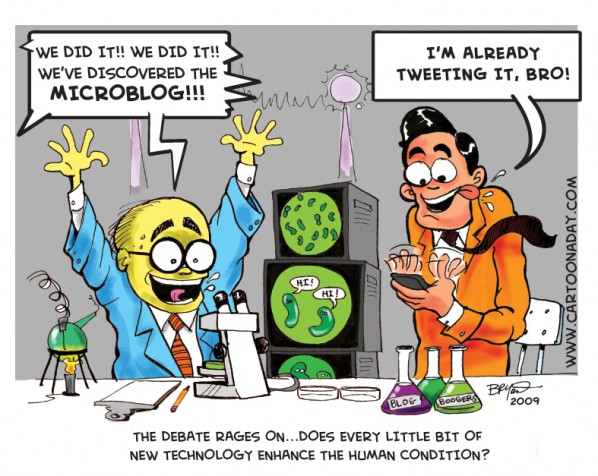Has anyone heard of Wiki strategies? I, for one, have not.
I am opinionated that Wikipedia is just wikipedia - (yet another) platform/database of information(obviously). How could there even be the different types of strategies for that channel? It does not make any sense to me at all.
So, out of curiosity, and in order to try to prove everyone else wrong(or RIGHT), I went around doing some research on the different types of Wiki Strategies.
Here is what I have found:
Okie, I have to admit I do not even know the definition of a wiki, apart from the common term of 'wikipedia'. So, Wiki is defined as 'A wiki s a website which allows its users to add, modify, or delete its content via a web browser usually using a simplified markup language or a rich-text editor'.
Pardon me! How more un-original can I be, other than finding the authentic definition from its original website eh! ;)

Some of the common uses of wiki by the organisations are:
1) Developer Network channels - like a forum for developers to discuss about any technical issues they have encountered, or even technical knowledge that they would like to share amongst their communities of developers.
2) Technical Documentation - to mainly store technical information of all sorts, and across all industries.
3) Effective knowledge sharing - Perhaps this would only work out for bigger organisations, so that employees in the different departments can share their operational knowledge with each other, instead of asking each other for answers up front.
That said, in my perspective, it is of course, most important, to gather feedback from the main bulk users - people like you and me(who are the technologically savvy ones, i believe ;) ). Being the group of people who use the system, we can provide genuine inputs as to what is lacking with the system - improve and what is not - in that sense, to further enhance the already-good product.
Interestingly, I found this fact about 'The First Wiki':
"The first wiki was a complement to the Portland Pattern Repository, created on March 25, 1995 by Ward Cunningham, who based the name on the Hawaiian term 'wiki wiki', which means 'quick.'"
It is amazing how Sony Ericsson has its own internal wiki - but obviously they don't call it wiki, but it is mainly their own internal website for their internal sharing, mainly their developers.
In addition, before I finish off, here are some links which I thought were pretty good:
http://www.elevatorview.com/2008/01/08/7-effective-wiki-uses-and-the-companies-that-benefit-from-them/
http://www.businessofgovernment.org/sites/default/files/Using%20Wikis%20in%20Government.pdf



